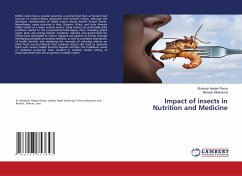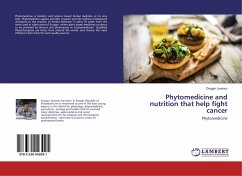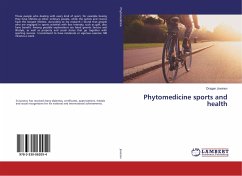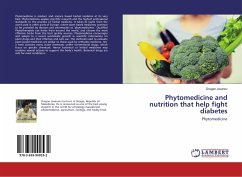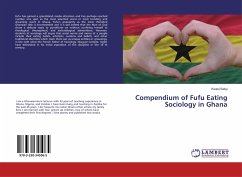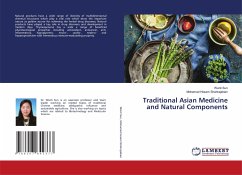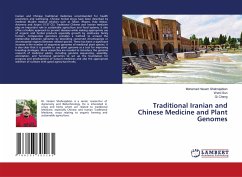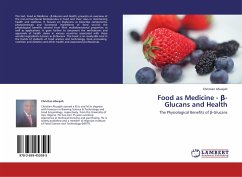Edible insects have a greater potential as animal feed than as human food because of cultural biases associated with harmful insects, although the abundant characteristics of edible insects should benefit human health. Nevertheless, many countries in Asia, Oceania, Africa, and Latin America utilize insects as a major protein source. Using insects can potentially solve problems related to the conventional food-supply chain, including global water, land, and energy deficits. Academic, industry, and government-led efforts have attempted to reduce negative perceptions of insects through developing palatable processing methods, as well as providing descriptions of health benefits and explaining the necessity of reducing reliance on other food sources.Cultures that consume insects also tend to associate them with various health benefits beyond nutrition.The traditional claims of medicinal properties have resulted in multiple studies aiming to empirically determine the properties of edible insects.
Bitte wählen Sie Ihr Anliegen aus.
Rechnungen
Retourenschein anfordern
Bestellstatus
Storno

